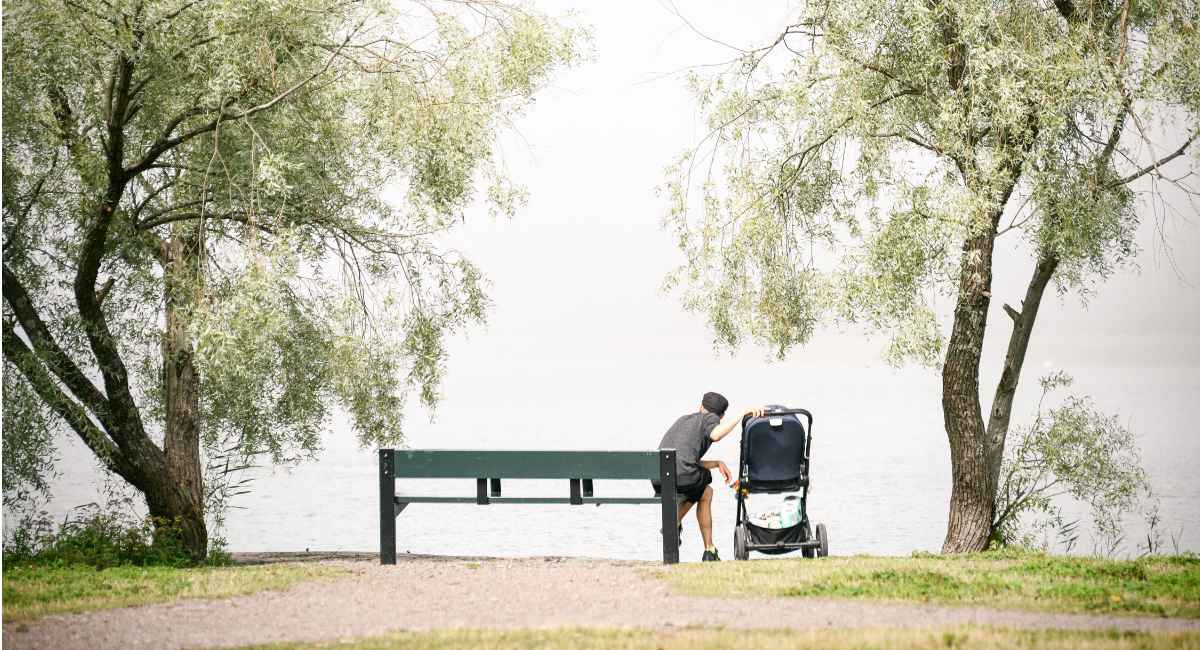Around the world, countries are grappling with plummeting birth rates and the devastation that could result in the very near future. Numerous governments are trying to course-correct, implementing family-friendly policies that were long overdue… but as legislators in Finland are finding out, the problem runs much deeper than just political policy.
The Financial Times reported that just 20 years ago, Finland’s population was on the rise. It was believed that the so-called “Nordic model” was the reason; Finland offered great maternity care, generous parental leave, and preschool childcare available for all. Despite all of that, however, the birth rate has fallen since 2010.
Anna Rotkirch, research director at the Family Federation of Finland’s Population Research Institute, said there is likely not much politicians can do to reverse course.
“The strange thing with fertility is nobody really knows what’s going on,” she said. “The policy responses are untried because it’s a new situation. It’s not primarily driven by economics or family policies. It’s something cultural, psychological, biological, cognitive.”
Numerous countries have tried to take action as birth rates have fallen, with countries like Italy even trying to incentivize childbirth to encourage people to have children. But unfortunately, these efforts have had little effect, likely because — as Rotkirch said — the problem is cultural, not political.
Surveys taken at the Family Federation have found that the mindset towards having children has drastically changed, with many young adults reporting that children simply don’t fit into their lives. Rotkirch noted that the anti-child mentality has become widely accepted.
“It’s OK to say I don’t like children, and it’s the only demographic you can ever say that about,” she noted, adding that her surveys found that young adults drastically underestimated how happy parents were with their children. And the future, she said, looks grim if things do not change. “I think it’s sad if our way of living is living alone on the screens, in the flats, not having sex, not having stable partnerships, not having children.”
And while fertility treatments are available, Rotkirch said they are not a solution. “If you do everything that typical ministers of finance tell you to do, you are 45 — you have a house and a doctorate and it’s too late,” she said. “The idealised life course is really at odds with female reproductive biology.”
“In most societies, having children was a cornerstone of adulthood. Now it’s something you have if you already have everything else. It becomes the capstone,” Rotkirch explained, adding, “[T]hose who are well-off in many ways — [who] have a partner, have support from their parents, are employed, are not lonely — want to have more children … This is quite a new thing in many countries, including England. [The idea was:] my career isn’t going well, my relationships are a bit here and there, but at least I have a child… You just don’t see that way of thinking any more. For millennials, uncertainty reduction is not to have children.”







